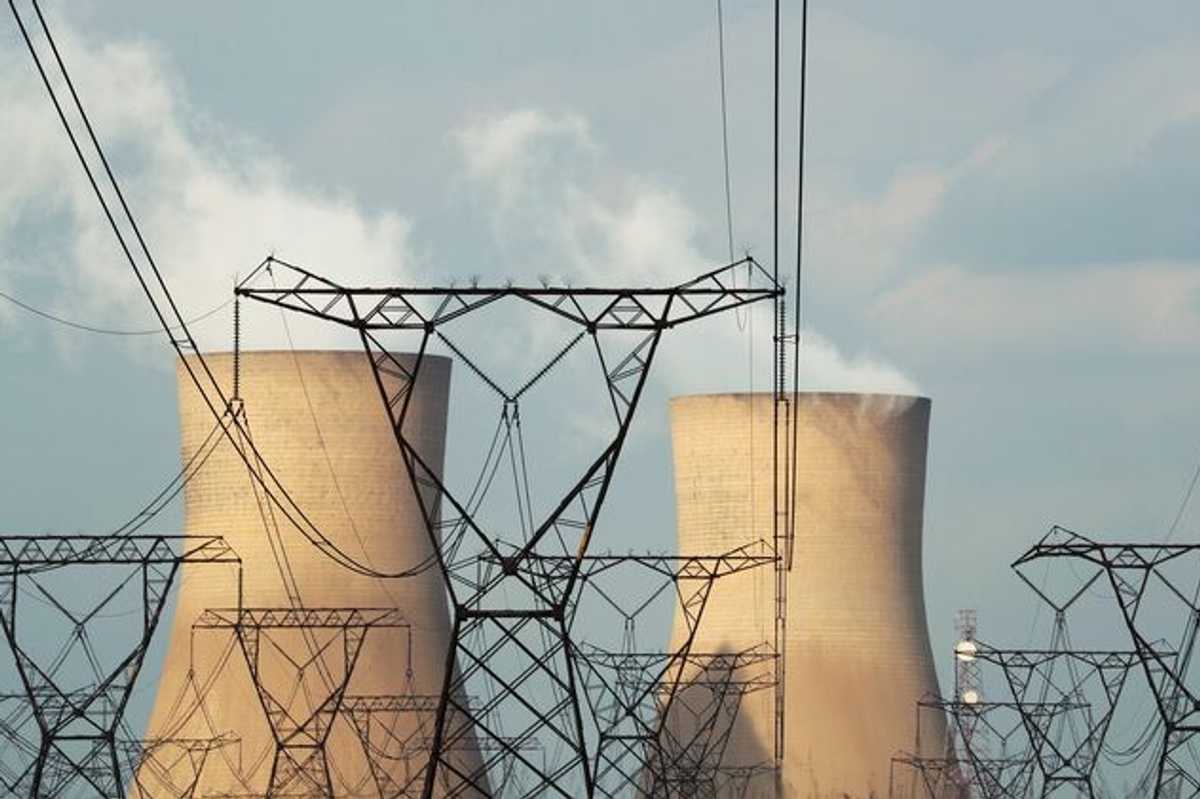Pakistan’s central power purchaser begins disbursement of outstanding payments to IPPs
Payments include settlements under the government’s tariff reduction plan
Business Desk
The Business Desk tracks economic trends, market movements, and business developments, offering analysis of both local and global financial news.

Pakistan’s Central Power Purchasing Agency-Guaranteed (CPPA-G) has commenced the disbursement of overdue receivables to Independent Power Producers (IPPs) as part of ongoing negotiations, several listed companies confirmed, a brokerage house report mentioned on Thursday.
The payments, accumulated up to November 1, 2024, include settlements under the government’s tariff reduction plan, which waives Late Payment Surcharges (LPS). Nishat Power Limited (NPL) and Nishat Chunian Power Limited (NCPL) acknowledged receipt of their outstanding balances.
According to AKD Securities, NPL had receivables totaling PKR 8.01 billion, while NCPL’s dues amounted to PKR 6.8 billion.
Other IPPs, including Pakgen Power Limited (PKGP), received PKR 10.9 billion, with an outstanding balance of PKR 96.4 million. However, Kot Addu Power Company (KAPCO) has yet to confirm payment.
The settlements are intended to ease financial pressure on IPPs and advance the government’s broader energy sector reforms. As part of its strategy to resolve circular debt concerns, the government has secured a deal with commercial banks to borrow Rs1.25 trillion at an interest rate below 11%.
While the plan aims to eliminate existing circular debt stock, officials informed global lenders that the recurring flow of circular debt would likely persist for the next three to four years.







Comments
See what people are discussing